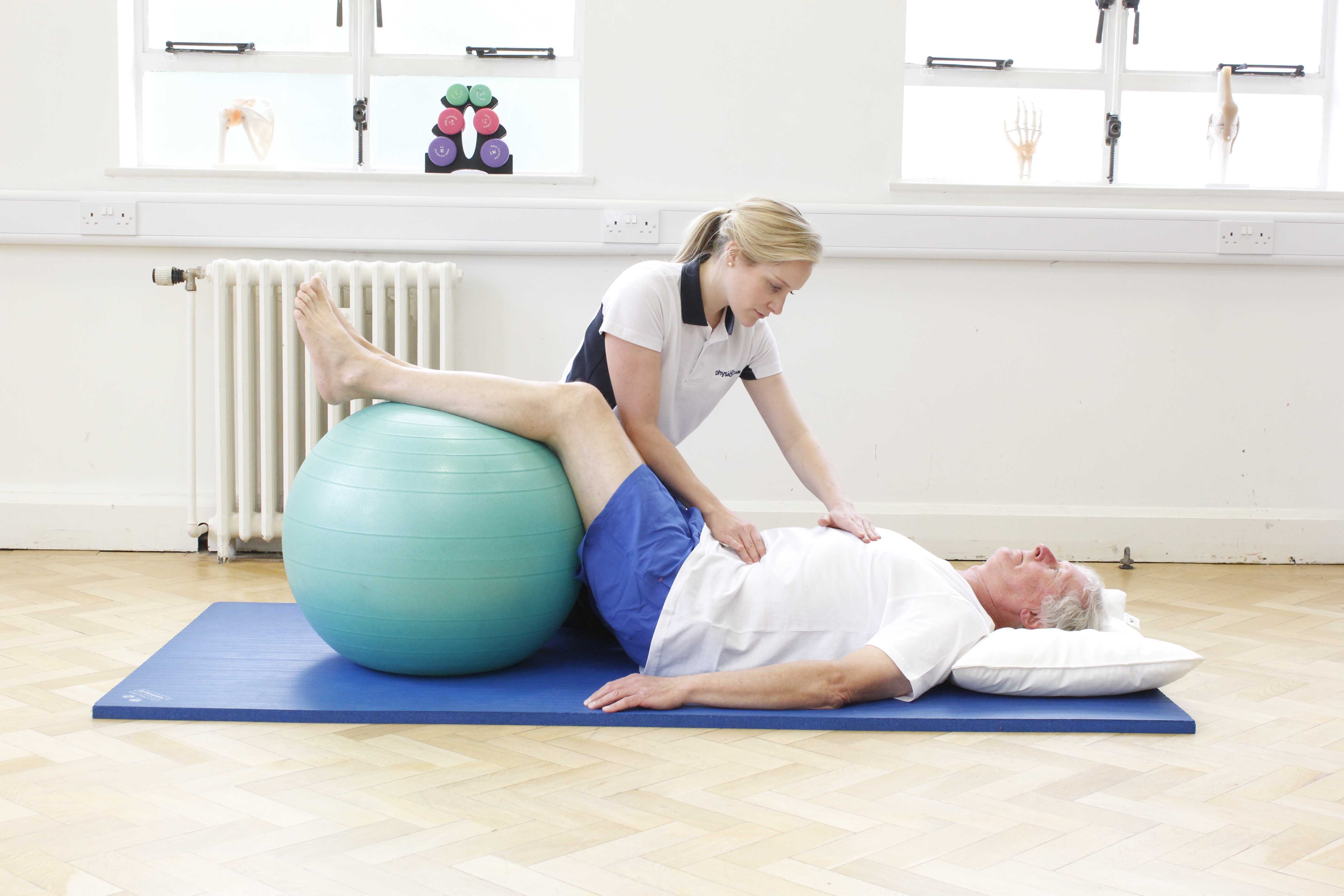TURP is the most common surgery performed for an enlarged prostate. An enlarged prostate is also known as benign prostatic hyperplasia (BPH). BPH refers to the increase in size of the prostate gland and is caused by an overgrowth of cells that can lead to an obstruction of the urethra which consequently interferes with the normal flow of urine. The urethra is the tube that carries urine from the bladder and out through the penis. An obstruction of the urethra leads to symptoms such as difficulty passing urine, pain on passing urine, frequent urination, blood in the urine or semen and an increased risk of urinary tract infections.
TURP is also used in the treatment of prostate cancer and aims to remove part of a prostate cancer that is pressing on the urethra. TURP is not done to cure the cancer but it can significantly relieve the symptoms.
TURP surgery is usually performed under general anesthesia but can sometimes be done using a spinal anesthetic or epidural. TURP is carried out using a narrow, flexible tube called an endoscope that is inserted into the urethra. The endoscope has a camera attached to it so that the surgeon can see inside the urethra and prostate. The surgeon will then cut out and remove part of the enlarged prostate and unblock the urethra using specially adapted surgical instruments which are attached to the endoscope. Also, during the operation, the bladder will be flushed with a sterile solution to eradicate the pieces of prostate tissue.
Physiotherapy after TURP surgery is essential to maximise the success of the surgery, prevent future problems and to aid in a full or near to full recovery.
 Above: Improving abdominal and pelvic muscle control with assistance from a specialist physiotherapist
Above: Improving abdominal and pelvic muscle control with assistance from a specialist physiotherapistSymptoms after Transurethral Resection of the Prostate
After you have undergone TURP surgery you will feel drowsy until the anaesthetic wears off fully. If you received an epidural you may not be able to feel or move your legs for several hours after your surgery. You will feel some pain and discomfort after the surgery which you will be given pain killers for. During your stay in hospital, you will initially require a catheter for 2-3 days after your surgery to drain urine from your bladder and to wash out your bladder with a sterile solution. The catheter will be removed once your urine begins to run clear. You may also require a drip attached to your arm which will help prevent dehydration post-surgery. You will be encouraged to get out of bed and move around as much as possible to prevent blood clots and chest infections. The length of time you stay in hospital will depend on your recovery. You will be discharged approximately four days after your TURP surgery. Recovery after TURP surgery should take on average about eight weeks. You will not be able to drive for up to four weeks and you will be advised not to carry out any activities that involve heavy lifting for eight weeks. After your TURP surgery you may experience problems such as pain, urinary incontinence, bowel problems and weakness in and around your pelvic area. Physiotherapy after your TURP surgery is crucial to help overcome these problems and get you on your way to a full or near to full recovery.
Physiotherapy after Transurethral Resection of the Prostate
Immediately after your TURP surgery you should receive some physiotherapy during your hospital stay which will focus on getting you out of bed and moving to avoid chest infections, blood clots and consequently a longer hospital stay. Once you have been discharged, Physio.co.uk will provide you with a comprehensive physiotherapy assessment and treatment programme which main goals include:
- To minimise pain
- To reduce urinary problems and incontinence
- To reduce bowel problems
- To improve muscle strength and endurance
- To improve cardiovascular fitness
- To re-establish function and independence
- Pain modalities (to control pain)
- Strengthening exercises for the pelvic floor muscles
- Strengthening exercises for the abdominal muscles
- Bladder training to help the bladder return to normal function
- Biofeedback training to show you how well you are using your pelvic floor muscles
- Electrical stimulation to improve muscle function
- Instruction for home exercise programme to improve pelvic floor function
- Instructions on how to control pelvic floor and abdominal muscles during coughing, sneezing and laughing etc.
- Education on how to make lifestyle changes that may affect the bladder
- Controlled breathing and relaxation exercises
- Advice on comfortable positioning
- Hydrotherapy
Summary
Transurethral resection of the prostate (TURP) is a surgical procedure that removes part of the prostate gland that has become enlarged due to an overgrowth of cells in the prostate or as a result of prostate cancer. An enlarged prostate also known as benign prostate hyperplasia (BPH) causes the urethra to become blocked and therefore interferes with the normal flow of urine. This interruption of urine flow caused symptoms such as pain and difficulty urinating. TURP surgery is a minimally invasive procedure that uses a small instrument which is inserted into the urethra so as to remove part of the prostate that is imposing on the urethra. This procedure aims to reduce symptoms associated with BPH. Physiotherapy with Physio.co.uk is recommended after TURP surgery to ensure the success of the surgery, prevent the likelihood of future problems occurring and to help you achieve a full or near to full recovery. Physio.co.uk provides a personal physiotherapy programme that will get you back doing what it is you love the most whether it is your job, hobby or sport.
Call Physio.co.uk now on 0330 088 7800 for more information or to book an appointment Alternatively, make use of our online booking system to book your appointment online today!

 0330 088 7800
0330 088 7800

































